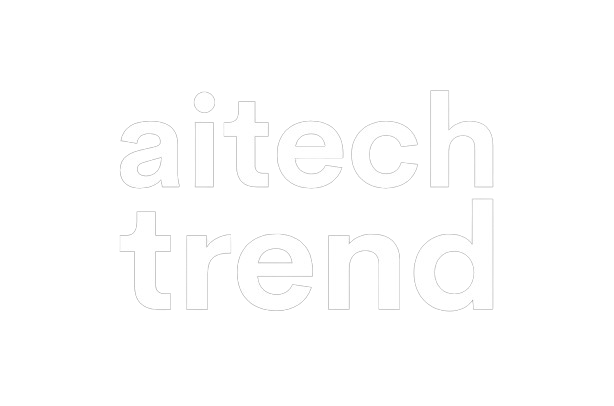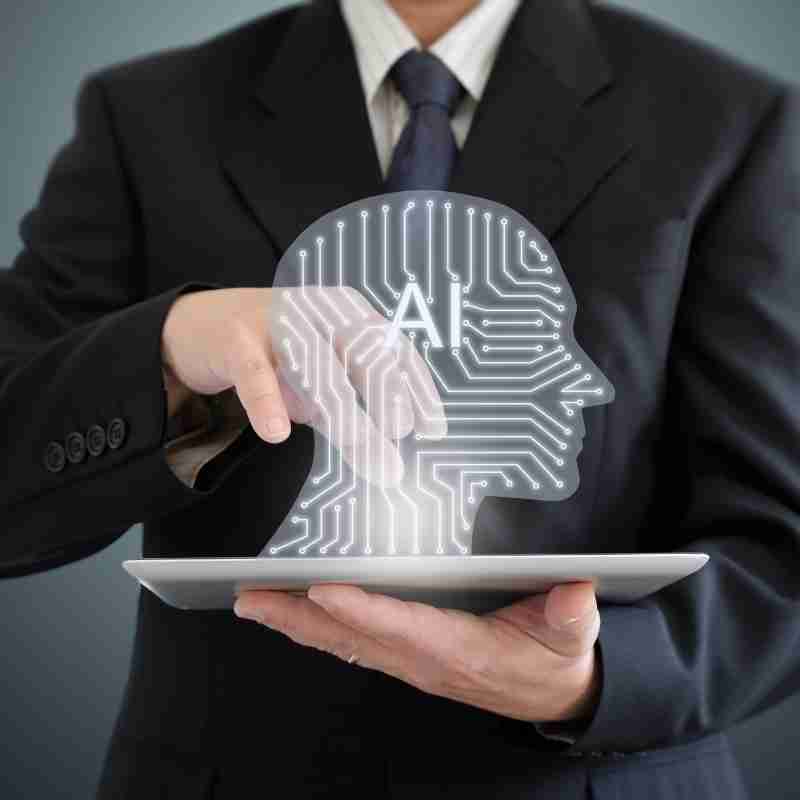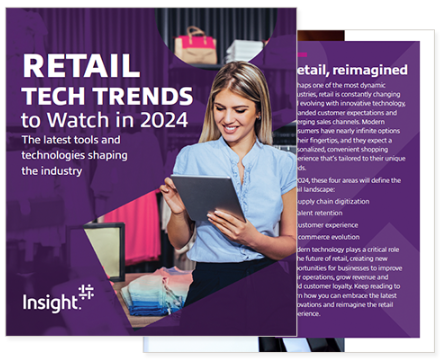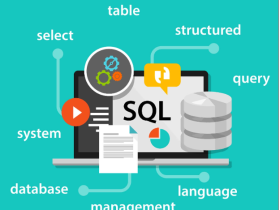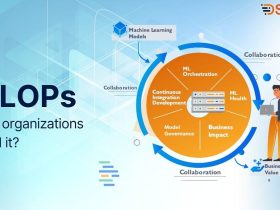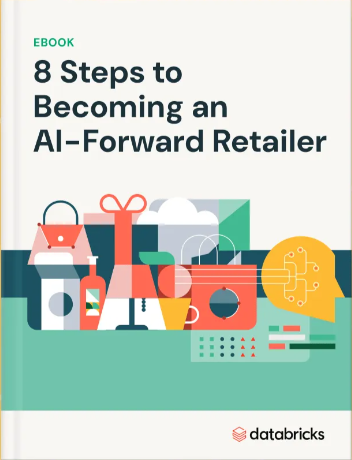AI is a technology that is changing every area of life. It is a comprehensive tool that allows people to rethink the way we integrate information, analyze data, and use the information to improve decisions making.
Our hope is to use this comprehensive review to explain AI to an audience of politicians, opinion leaders, and interested observers, and to show how AI has changed the world and raised important questions for society, the economy, and governance
Introduction to AI
The term artificial intelligence (AI) refers to the design and development of machines that can perform tasks that normally require human intelligence, such as vision, speech, motion, and language.
Artificial intelligence is rapidly being used across many different industries and applications, in an increasing number of domains, across multiple settings, and at a broader level than in the past.
Currently, AI is capable of answering specific questions such as: Given this, what should we do now? Given this, what should we do tomorrow? When should we act now or do nothing?
The Rise of Automation
The process of developing a specific task for an AI system in such a way that it executes it successfully, and at an acceptable level of complexity and quality, is called “automation” or “artificial intelligence”.
AI’s ability to take on all aspects of human tasks – knowledge work, accounting, marketing, sales, HR, scientific research, teaching, etc. – is thought by many to be one of its most promising, most transformative applications.
Although we anticipate AI will lead to the automation of many tasks that were done by people in the past, we cannot predict the specific jobs that will be lost, nor can we know exactly what jobs will be created.
Examples of AI in WorkPlace

The Future of Work
In the span of just a few years, we’ve gone from disbelief to rampant acceptance of the potential benefits of machine intelligence and its ability to empower individuals, facilitate access to information, and, ultimately, augment human capabilities.
As a consequence, AI has become a part of the national conversation. Data Analytics A primary driver of the rise of AI is the realization that information is the new currency of a modern business.
What used to be a rich source of innovation and value is now a strategic threat. Businesses are turning to AI to help them analyze and mine massive amounts of information and extract valuable insights.
Conclusion
AI can be a powerful tool for improving the workplace and its human capital. The following insights provide the most up-to-date insights into the state of AI and how it may affect the future of work, the workforce, and our future society. AI has an extremely broad range of applications and uses.
For example, today’s cars can see more accurately, drive more safely, and support safer cities than ever before. These changes bring with them new technological advances and requirements that ultimately will mean an impact on the workforce, as well as employment.
For example, fully autonomous vehicles are likely to change labor markets and those associated with driving, in both the short and the long term.
